Having codependent beliefs goes back to when you were an innocent child because this doesn’t happen overnight. Rather, this is a result of years of grooming and experiences going back to your childhood.
Codependency is based on false, dysfunctional beliefs that are learned from our parents and the environment. Recovery entails changing those beliefs, the most damaging of which is that we’re not worthy of love and respect – that we’re somehow inadequate, inferior, or just not enough.
This is internalized shame. Last year, I published a blog, “Codependency is based on Fake Facts,” explaining the effects of this programming, which squelches our true self. Romantic love that’s mutual can for a brief time liberate our natural, true self. We get a glimpse of what it would be like to live unshackled by shame and fear―why love feels so wonderful.
There are countless ways parents communicate shame―often, with just a look or body language. Some of us were shamed with criticism, told we weren’t wanted or made to feel we were a burden. In other cases, we inferred that belief from neglect, violation of our boundaries, or dismissal of our feelings, wants, and needs. This can happen even when parents say they love us.
Being codependent themselves, shame and dysfunctional parenting get passed down unconsciously. Bad parenting can also be the result of an addiction or mental illness.
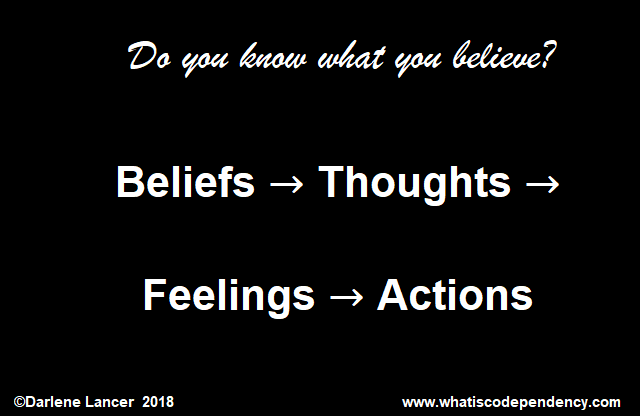
Identify your beliefs
It’s key to recovery that we separate damaging beliefs from reality and from our truth. Like digging through manure, this is how we uncover the gold―our buried true self that’s longing to be expressed. Most of us find it difficult to identify our core beliefs. To a large extent, they’re unconscious.
In fact, sometimes, we think we believe something, but when our thoughts and actions (including words), prove the opposite. For example, maybe you know someone who claims to be honest, but who misrepresents or lies when necessary. However, we can discover our beliefs from our behavior, our thoughts, and feelings.
Beliefs generate thoughts, feelings, and actions. (Sometimes feelings come before thoughts.)
Beliefs → Thoughts → Feelings→ Actions
Related: 13 Ways Being Raised by a Narcissist Can Affect You
Examining our thoughts and feelings provides clues to underlying beliefs. For example, when you don’t keep your body as clean as you like, are you just uncomfortable, or do you feel ashamed or disgusted? What do you say to yourself? Your thoughts might reveal a belief that it’s shameful and disgusting not to shower daily or that body odor or fluids are repulsive. Such beliefs indicate a general distaste and shame about the human body.
When we feel we should or shouldn’t do something, it may indicate a belief. “I should shower daily,” is more of a rule or standard than a belief. The underlying belief might be about the virtues of cleanliness or hygienic well-being.
Another way to gain self-awareness is to notice how you judge others. We usually judge others for the same things we would judge ourselves.
Criticism and devaluing statements or gestures directed toward children attack their fragile sense of self and worth. They create insecurity and a belief of unlovability. List parental statements that impacted your self-esteem. (See Codependency for Dummies.)
Examples are:
- “You’re too sensitive,”
- “You can’t do anything right.”
- “I sacrificed for you.”
- “You’re good for nothing.”
- “Who do you think you are?”
Beliefs also come from experiences with siblings and peers, as well as other authority figures and cultural, societal, and religious influences. In all, our beliefs are a conglomerate of other people’s opinions. Usually, they’re not based on facts, and they may be challenged.
Our over-reactions to people when we’re triggered are perfect opportunities to analyze and challenge the thoughts, feelings, and beliefs that are being activated. For example, if someone doesn’t return your call, do you feel hurt, guilty, ashamed, or angry? Do you assume they don’t like you, are angry at you, that you did something wrong, or that they’re inconsiderate? What is the story you weave, and what is the underlying belief?
A few of the common beliefs codependents hold are:
• Other people’s criticisms are true.
• People won’t like me if I make a mistake.
• Love must be earned.
• I don’t deserve love and success.
• My wants and needs should be sacrificed for others.
• I must be loved and approved of to feel okay.
• Other people’s opinions carry more weight than mine.
• I’m only lovable if a partner loves me (or at least needs me.)
Many codependents are perfectionists and hold false, perfectionistic beliefs that who they are and what they do are “imperfect,” making them feel that they’re inferior or a failure. See “I’m Not Perfect, I’m Only Human” – How to Beat Perfectionism.)
Want to know more about codependent beliefs? Check this video out below:
Challenge your beliefs
Once you’ve identified your beliefs, challenge them.
• Ask yourself what evidence you have to support your beliefs and thoughts?
• Might you be mistaken or biased?
• Are you certain your interpretations of events are accurate?
• Check out your assumptions by asking people questions.
• Is there any evidence for another point-of-view?
• Are there instances in your experience or in the experience of others that even occasionally contradict your assumptions? Survey people to find out.
• Do people disagree with your conclusions? Find out.
• What would you say to someone else who thought and felt as you did?
• What would a caring friend say to you?
• Do you feel pressured to believe as you do? Why?
• Are you free to change your mind?
• What are the consequences of remaining rigid in your thinking?
• What would be the consequences of changing your mind?
Related: 10 Parenting Habits That Harm Our Kids
Practice recovery
It’s not enough to read about codependency. Real change requires that you risk behaving differently. (See my Youtube, “Codependency Recovery”) This requires courage and support. Instead of being your codependent self, start “Affirming Your True, Authentic Self.”
Think good thoughts about yourself. Notice and change how you talk to yourself. For example, instead of looking for what is wrong with you, start noticing what you like about yourself. Instead of saying, “I can’t,” say “I won’t,” or “I can.”
Take action to meet your needs.
Authenticity is a powerful antidote for shame. Express who you really are. Speak up, being authentic, and share your thoughts and feelings. Set boundaries.
Take action to do what you really want. Many codependents are sure they’ll fail and are afraid to risk. Try new things, even though you don’t believe you’re good at them! Discover you can learn and improve with practice. This is the master key that unlocks many doors. Then you know you can learn anything. That’s empowerment!
©Darlene Lancer 2018
Written by Darlene Lancer JD, MFT
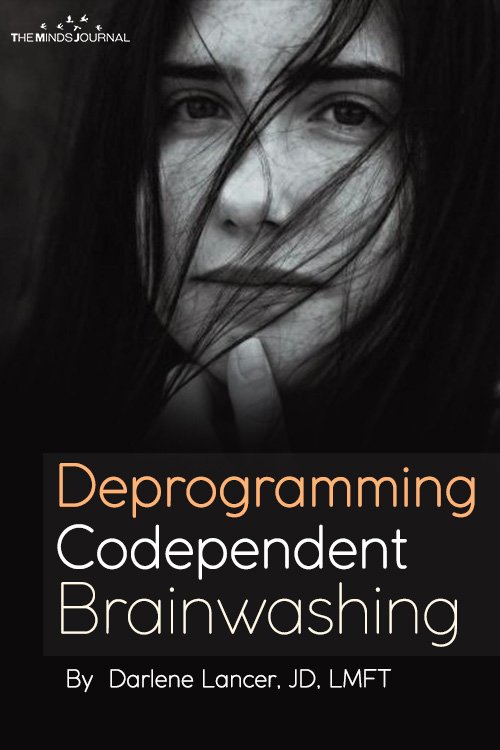
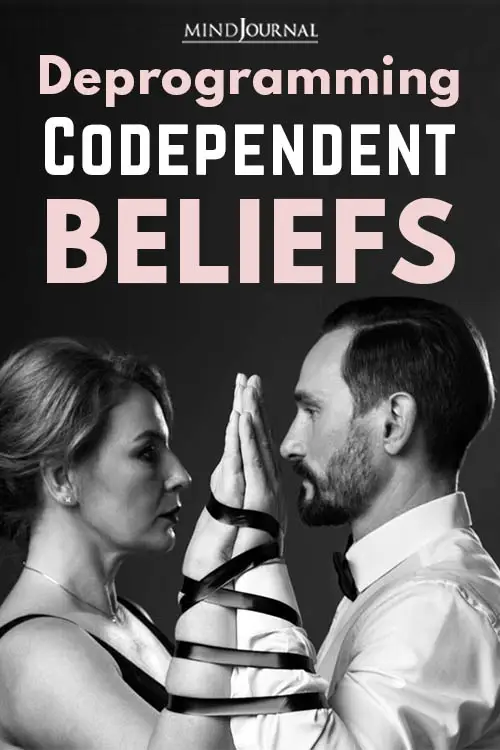

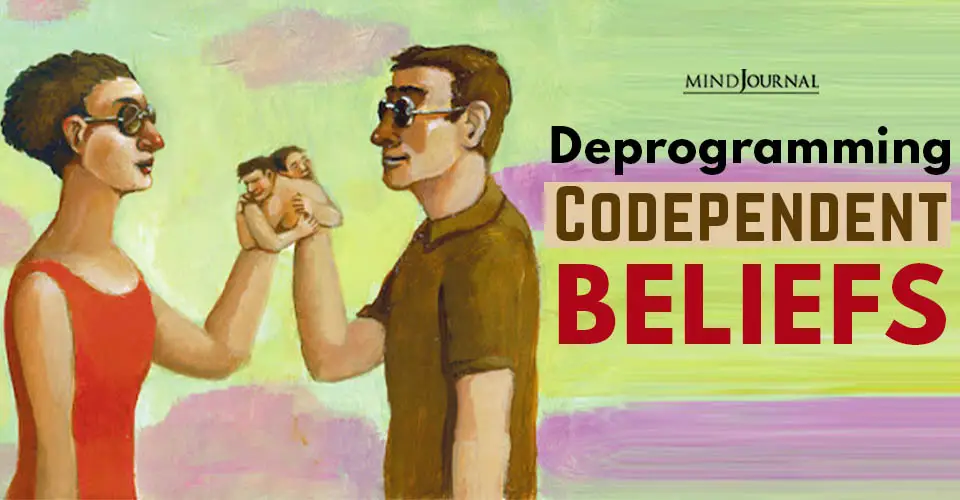
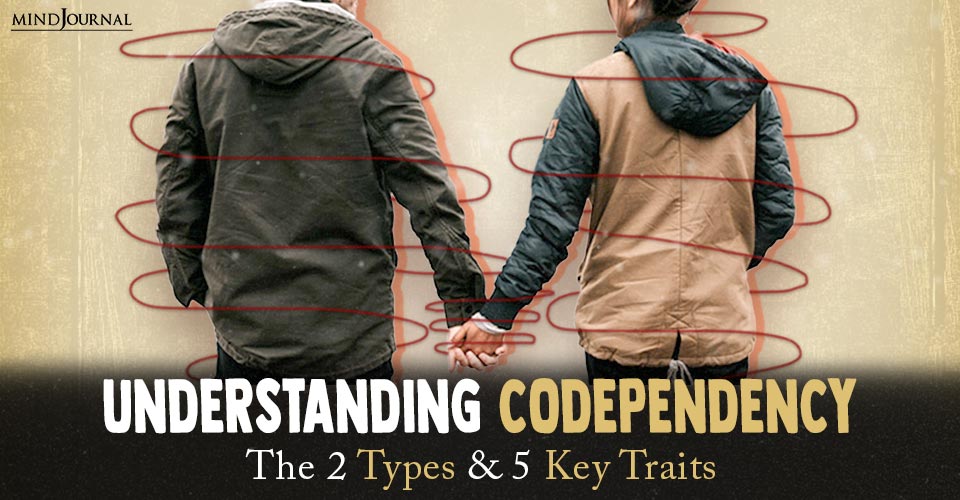

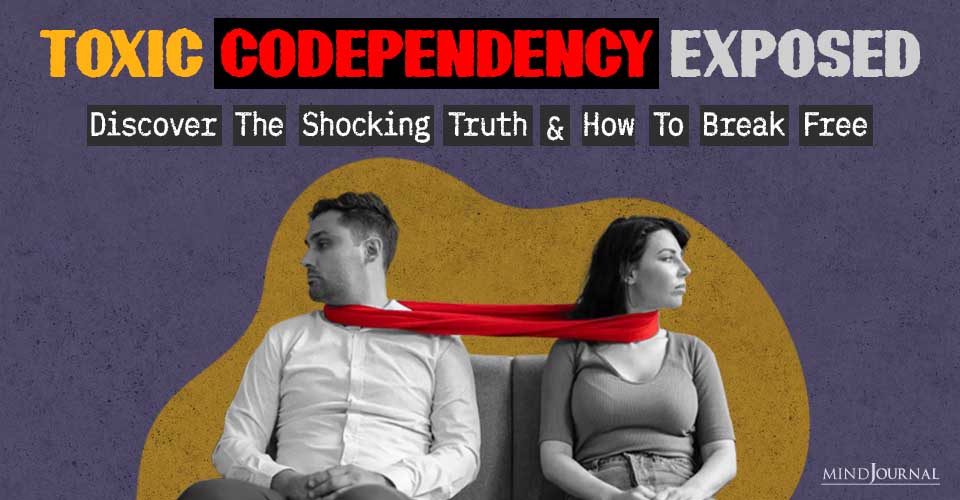
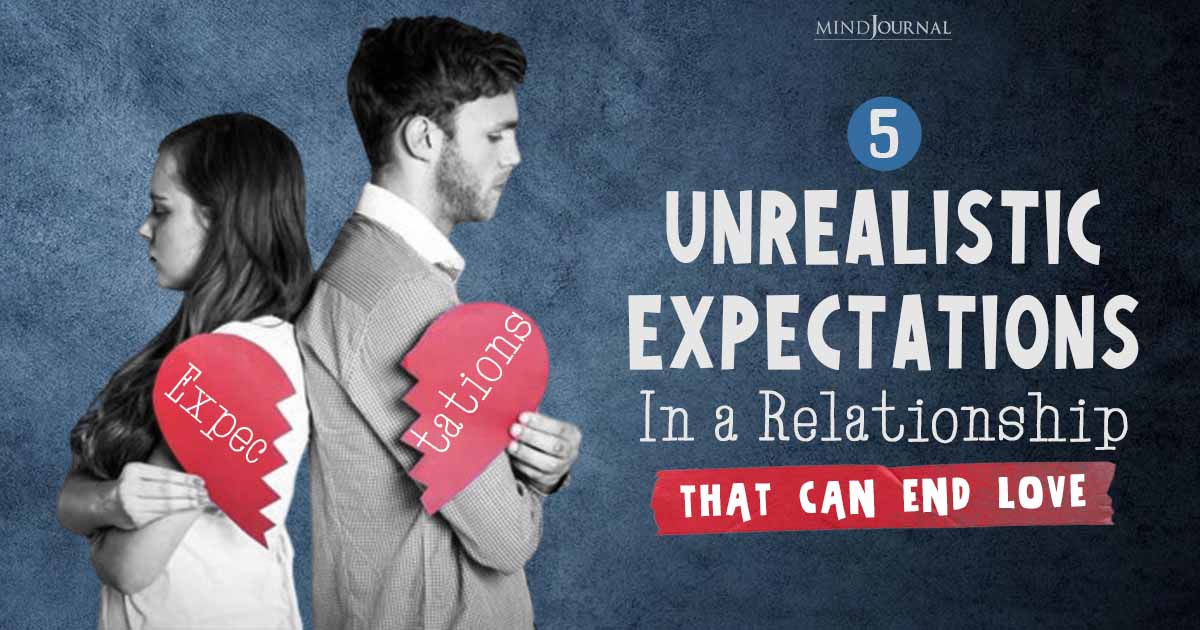
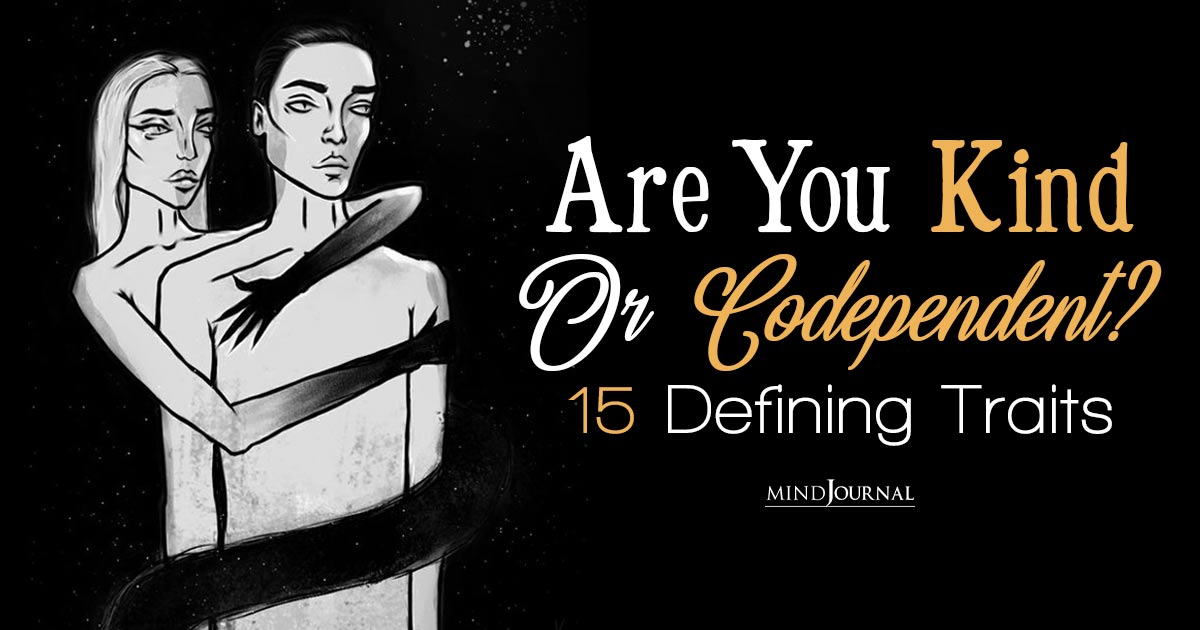

Leave a Reply
You must be logged in to post a comment.